|
“Mathematics is a creative and highly inter-connected discipline that has been developed over centuries, providing the solution to some of history’s most intriguing problems. It is essential to everyday life, critical to science, technology and engineering, and
|
||
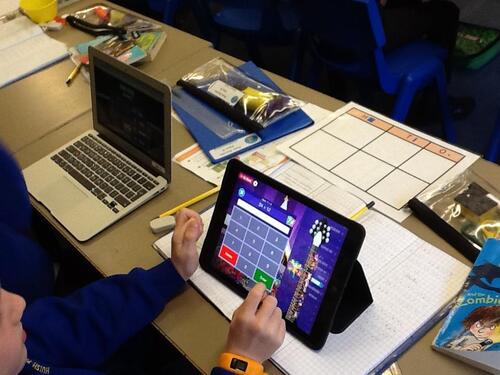
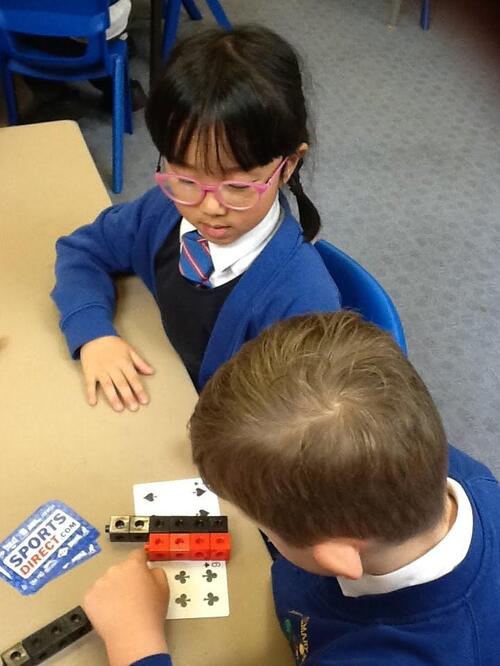
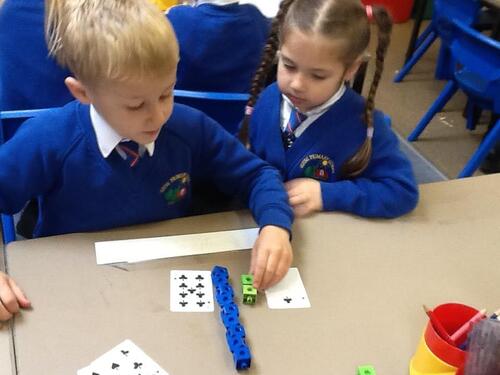
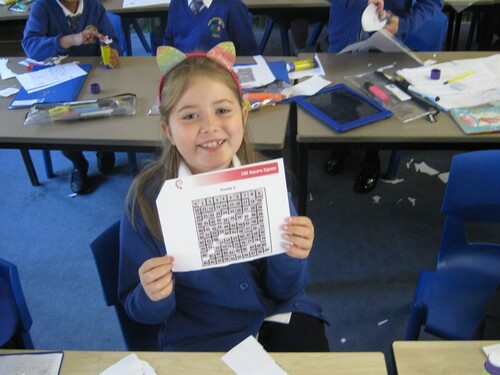
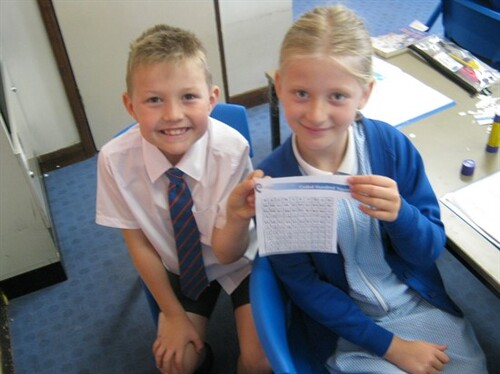
|
At Huish Primary School we aim to provide children with a rich and balanced maths curriculum. Thorough teaching of the National Curriculum’s three strands of Fluency, Reasoning and Problem Solving, ensures:
Our high-quality teaching encourages our children to be mathematically confident and to share an enjoyment for this subject. Children at Huish are taught the fundamentals of maths, enabling them to make connections, to see the application of maths in other subjects and to see the value of mathematics in everyday life. We believe that positive attitudes and high expectations inspire children to achieve high standards. |
|
At our school, we predominately embed the Mastery approach using the White Rose Maths programme. More recently, to help ensure quality first teaching, we have reviewed our long-term scheme of work to include the Ready To Progress Criteria and ensure it meets the needs of our children. This overview will be adapted each year according to the ability of the children, where appropriate. Our new overviews show the coverage of each year group while the curriculum progression gives an idea of the expectations of children within that year group and mathematical area. The basic principles of our maths curriculum are:
Teaching and learning Stem sentences are used to aid understanding and retention of key knowledge and feedback journals are used to give children support that aids progress. Basic skills lessons are taught with the aim for children to calculate quickly and accurately, using and choosing efficient strategies, whether these are written or mental. KS1 are currently following the Mastering Number project which aims to secure firm foundations in the development of good number sense for all children from Reception through to Year 1 and Year 2. The aim is that children will leave KS1 with fluency in calculation and a confidence and flexibility with number. In KS2, basic skills time is devoted to teaching strategies and supporting children in making connections between their known facts and mental calculations. Coverage checkers are used to ensure breadth and variation of calculations and mental methods or strategies. Mathematics in Our Early Years Reception Classes Huish Primary School is an early adopter of the new Early Years framework. This has been broken down into Number and Numerical Patterns. There are three Early Learning Goals for each, these are: Number: Have a deep understanding of number to 10, including the composition of each number; Subitise (recognise quantities without counting) up to 5; Automatically recall (without reference to rhymes, counting or other aids) number bonds up to 5 (including subtraction facts) and some number bonds to 10, including double facts. Numerical Patterns: Verbally count beyond 20, recognising the pattern of the counting system; Compare quantities up to 10 in different contexts, recognising when one quantity is greater than, less than or the same as the other quantity; Explore and represent patterns within numbers up to 10, including evens and odds, double facts and how quantities can be distributed equally. The maths curriculum has been designed in a logical way using the Early Learning Goals (ELGs) to enable every child the opportunity to deepen their mathematical understanding and achieve the ELGs by the end of Reception. We have chosen to use the Development Matters document to support the children meet the ELGs. Home Learning Impact |